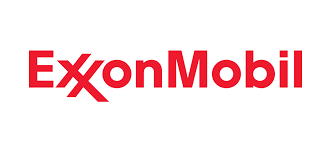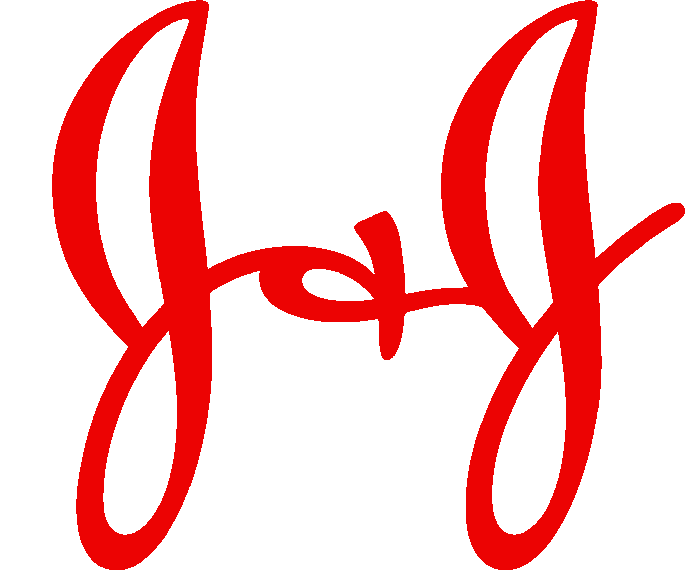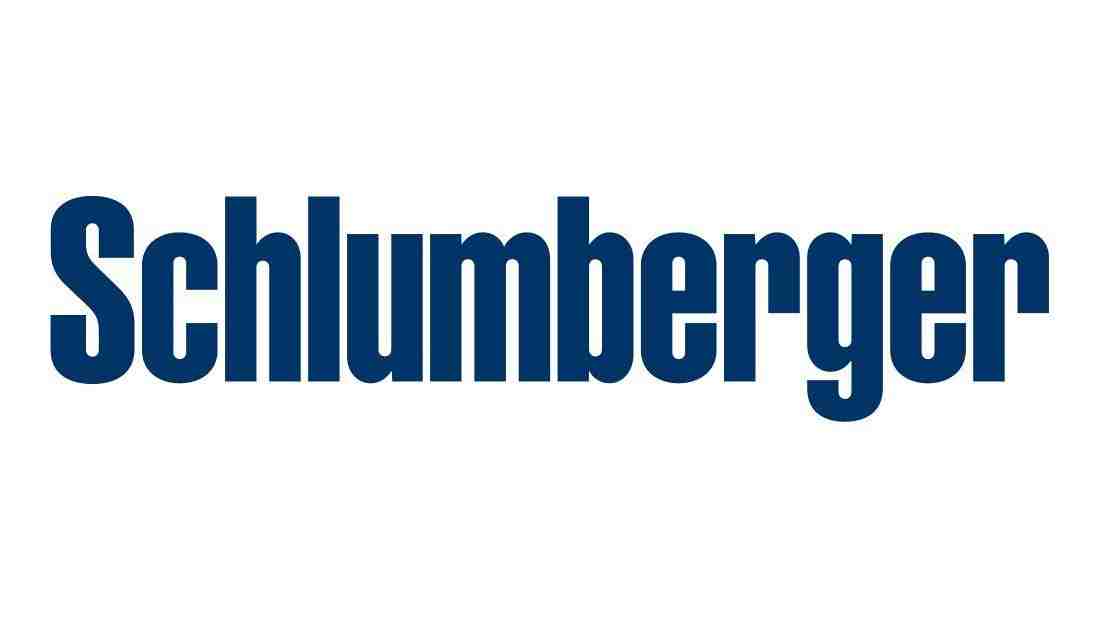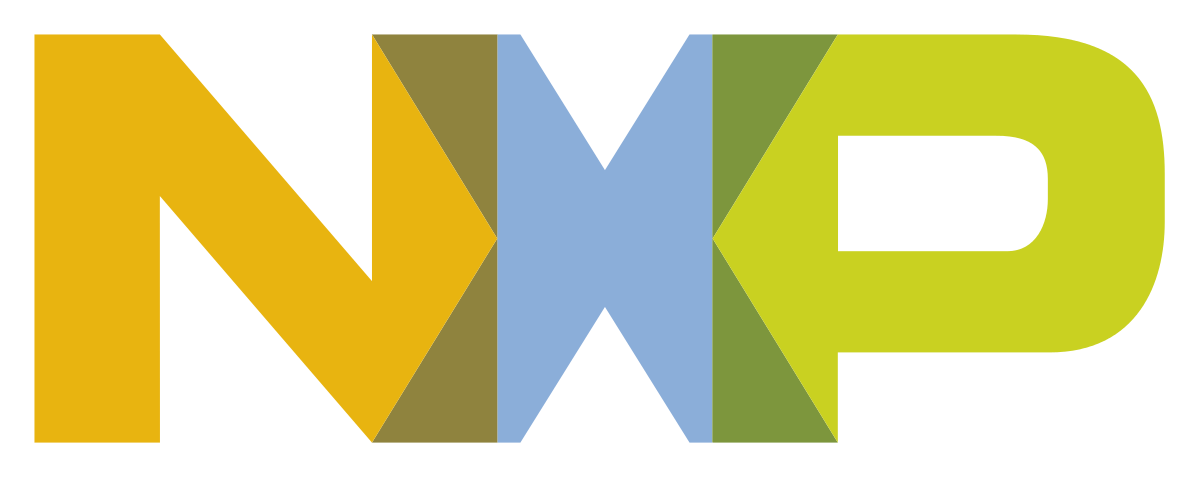Global Demand of Internet of Things (IoT)
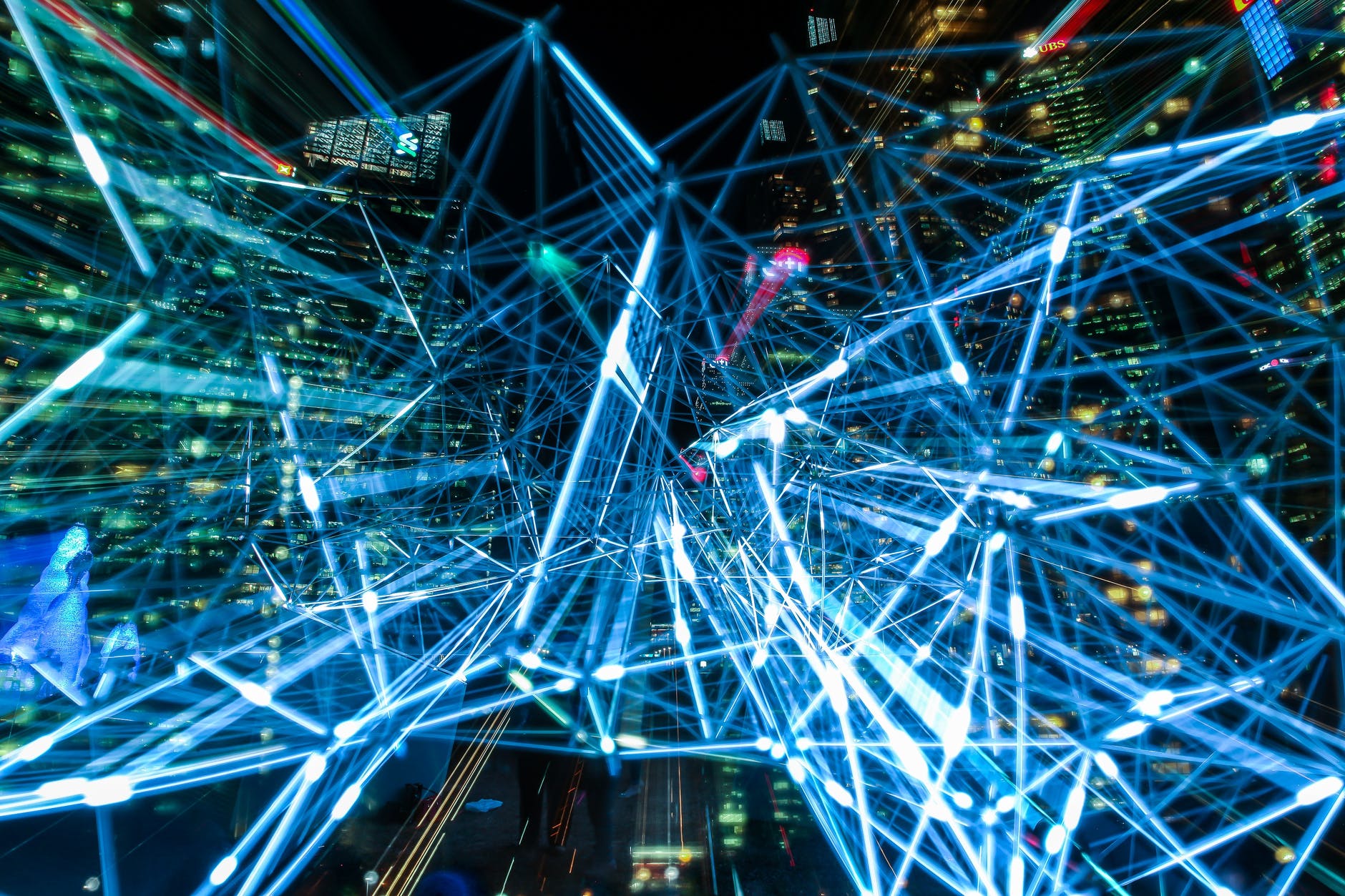
IoT is the embedded system that connects and exchanges data with the help of sensors, software, and other technology systems over the internet. Increasing internet penetration with the surge in adopting IoT-connected devices has propelled the IoT market growth. IoT sensors detect and measure various physical properties such as heat, temperature, and pressure with the five human senses, including hearing, sight, taste, touch, and smell. IoT sensors have transmitted these parameters into an electrical signal through the central cloud-based server directly via an on-site micro-controller.
Rising investment by the leading players due to rising consumer preference for intelligent technology-based upgraded devices
Growing investment in IoT technology by the leading players due to the rising demand for solving business operation problems and enhancing productivity has propelled the IoT market growth. For instance, according to the We Forum Organization in 2020, the IoT investment is increasing at a rapid pace reaching USD 832 Billion with government and private players investments due to rising consumer spending on IoT solutions, which reached over USD 236 Billion.
Also, several leading players are investing in advanced technology such as IoT, AI Cloud computing the rising adoption of next-generation technologies, such as AI, IoT for predictive and proactive maintenance in the industry. Rising demand for IoT-connected devices worldwide with the surge in the industry 4.0 automation demand due to rising industrialization has propelled the IIoT platform market growth. For instance, according to the We Forum Organization Report in 2019, globally, 21 Billion IoT-connected devices have been sold and are expected to reach 41 Billion by 2025 with the surge in the adoption of the technology in the industry.
Also, the growing adoption and launching of the advanced technology-based IIoT platforms, IoT devices, AI technology, etc. by the leading players across the globe are expected to strengthen the IoT market growth. Siemens, IBM, and Red Hat have collaborated to launch a hybrid cloud initiative to increase the real-time value of industrial IoT data in 2021. This hybrid cloud platform is designed to deliver a more secure and flexible solution for manufacturers and plant operators to drive real-time value from operational data.
Also, the growing adoption and launching of the advanced technology-based IIoT platforms by the leading players across the globe are expected to strengthen the IIoT platform market growth. For instance, in 2021, Siemens, IBM, and Red Hat have collaborated to launch a hybrid cloud initiative to increase the real-time value of industrial IoT data. This hybrid cloud platform is designed to deliver a more secure and flexible solution for manufacturers and plant operators to drive real-time value from operational data.
Rising demand of IoT devices in the energy Sector for minimizing the operational cost and electricity loss
IoT devices are widely used in the “smart grids” for various purposes such as collection, transmission, and analyzing the huge data intelligently by integrating grid-connected users, optimizing grid operation, and enhancing the system flexibility. Smart IoT devices can communicate, monitor, and interpret information from surroundings in real-time. The Internet of Things (IoT) enables to save of electricity by data gathering and system optimization method. The major factors driving the demand for IoT in the energy sector is rising complexity in the power sector that requires a combination of digital innovations to solve the real-time problem and the rising adoption of the IoT in smart and connected home projects around the globe. For instance, according to the IRENA Organization report in 2020, globally it is expected that globally 75 Billion smart connected will be sold in the IoT projects in the power sector focus on demand-side applications such as smart homes, smart city projects by 2025. It created a massive demand for the IoT market globally. IoT devices such as sensors and other communication devices are widely used in the energy supply chain for sensing and transmitting real-time data, which enables fast computations and optimal decision-making. Moreover, energy sector is implementing the IoT to transform a centralized system to a smart, distributed, and integrated energy system.
Rising penetration of internet along with surge in launching of new IoT devices in energy and power sector to reduce the operational and maintenance cost have propelled the IoT market globally. For instance, in 2020, IoT pilot projects have been launched in MSME units in all districts in India for studying energy efficiency measures with the support of the Bureau of Energy Efficiency (BEE). This energy pilot project could save about 11,000 units per annum in the whole cluster. Further, in April 2021, Tata Power Delhi Distribution (Tata Power-DDL) which supplies electricity to north Delhi has launched Narrow Band-Internet of Things (NB-IoT) smart meters.
Rising IoT evolution in 5G technology and surge in investment IT and Telecommunication Sector
Telecom sector, 5G, and IoT are expanding at a rapid pace for increasing the capacity over a wide range of verticals. 5G and IoT together are unleashing a powerful combination of super speed network with expanded low latency, bandwidth, and increased power efficiency can drive billions of connections in future. 5G enabled IoT also promises to sustain and generate millions of jobs worldwide. 5G’s broad enablement of IoT use cases is expected to operate G2000 companies which will spend USD 1.2 billion for connectivity management solutions annually around the globe. IoT in 5G technology will address connectivity issues and provide increased network coverage, allow technological innovations in network slicing through edge computing, AI, and machine learning processes for the end-consumer. Several leading players are adopting new strategies such as partnerships, mergers, acquisitions, and agreements for launching and expanding IoT-enabled 5G networks around the globe. For instance, In Dec 2020, Skylo made a partnership with BSNL for launching the world’s first satellite-based IoT network in India. BSNL and Skylo will connect billions of sensors and machines in railway, maritime, agriculture, disaster management, and logistics. Also, in April 2021, Vi one of the leading Telecom company has launched integrated Internet of Things (IoT) solutions for providing solutions across industries for enterprises to strengthen its IoT portfolio by implementing in smart infrastructure, smart mobility, and smart utilities, for its 5G-ready network.
Industries
Our Clients
